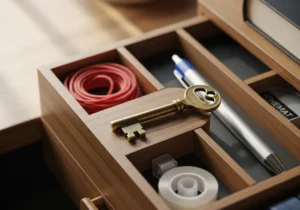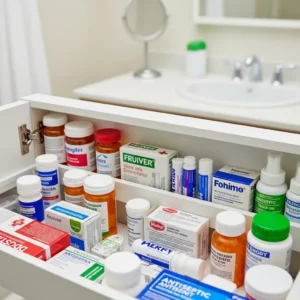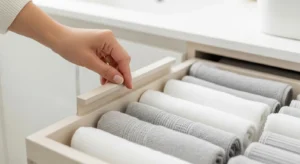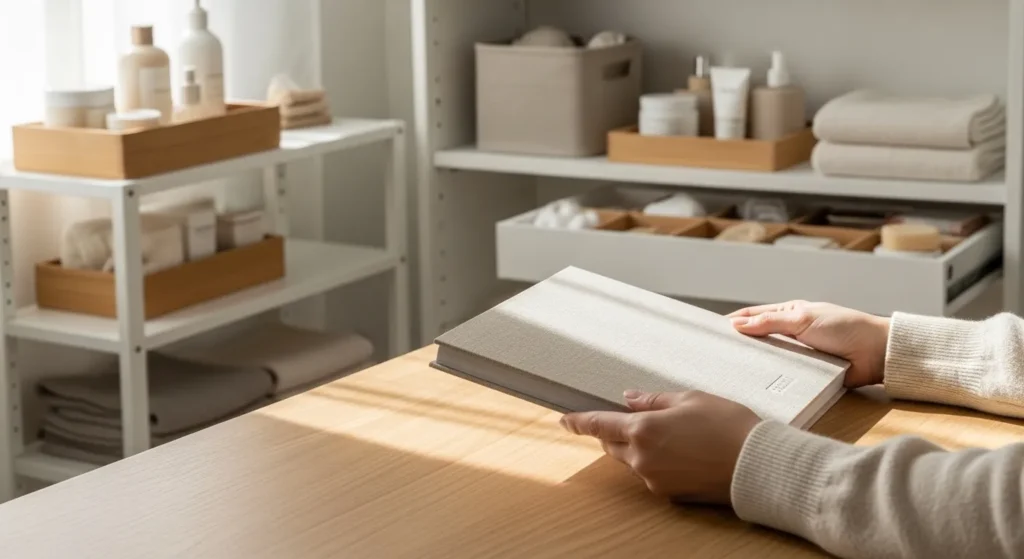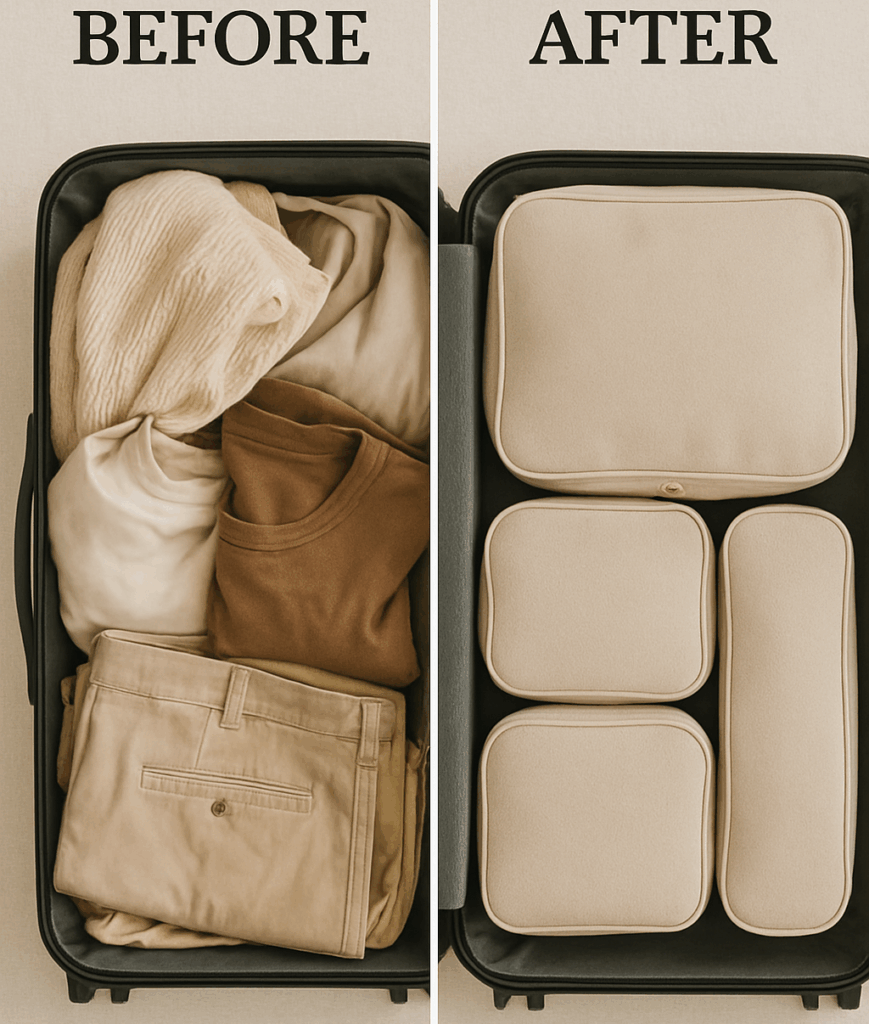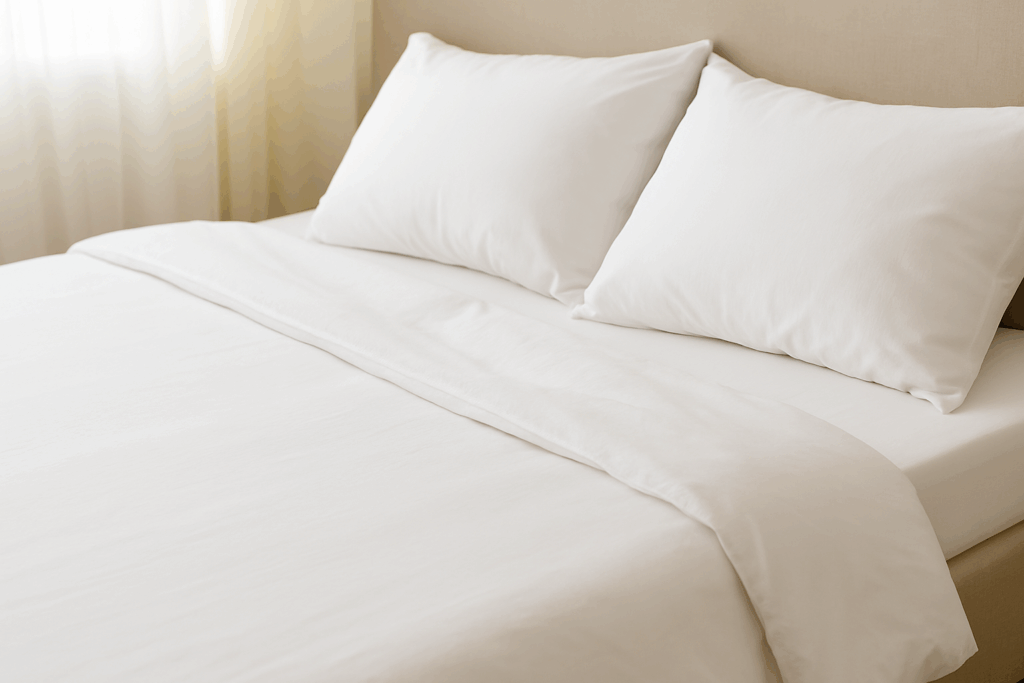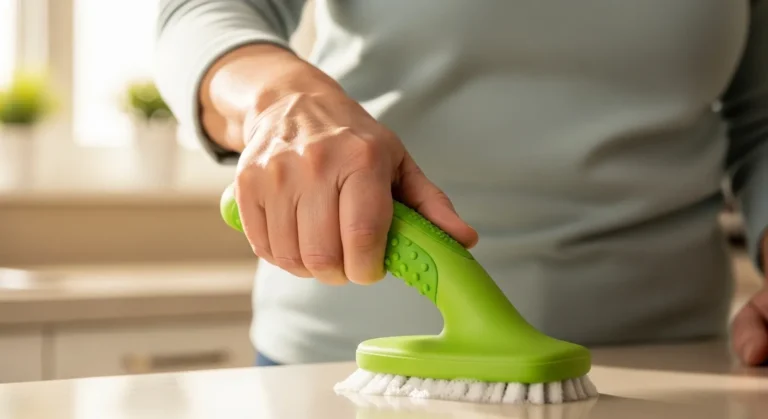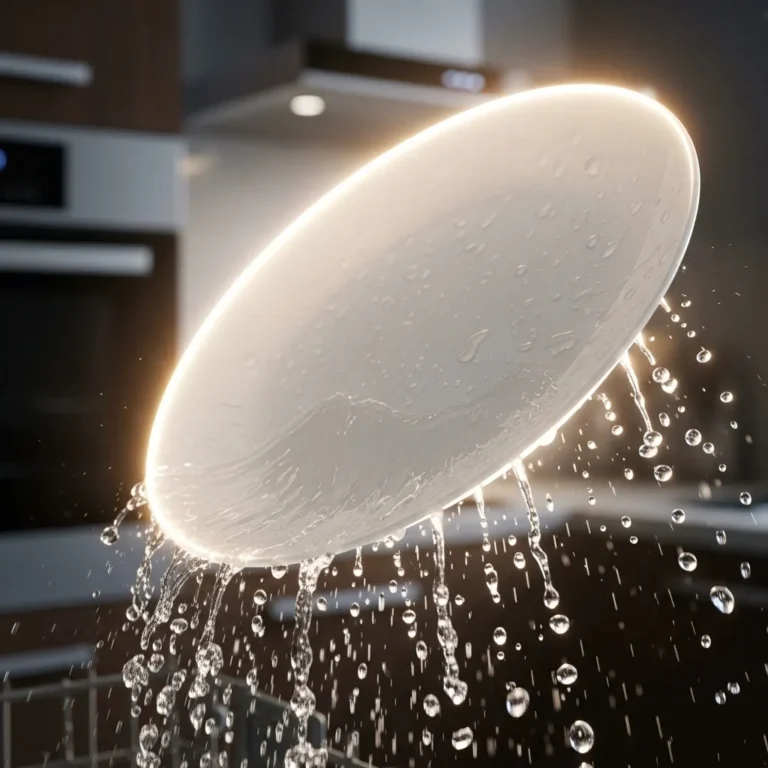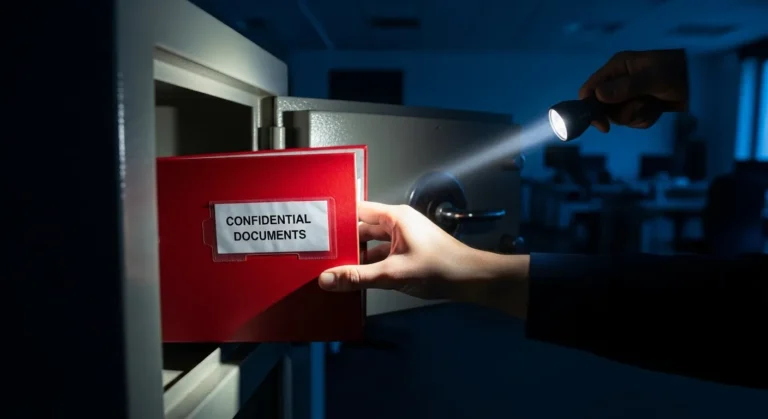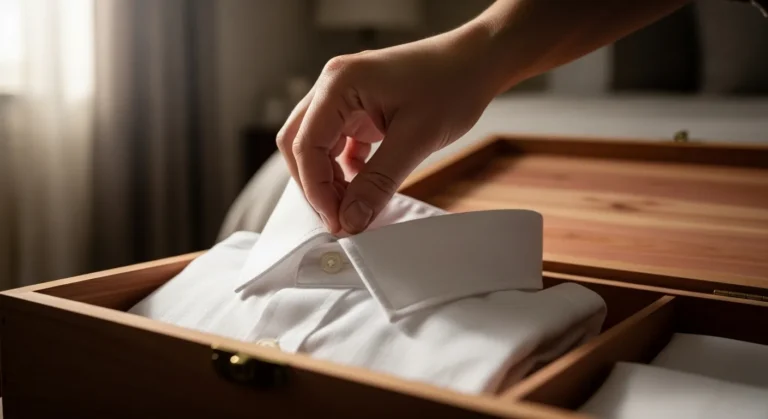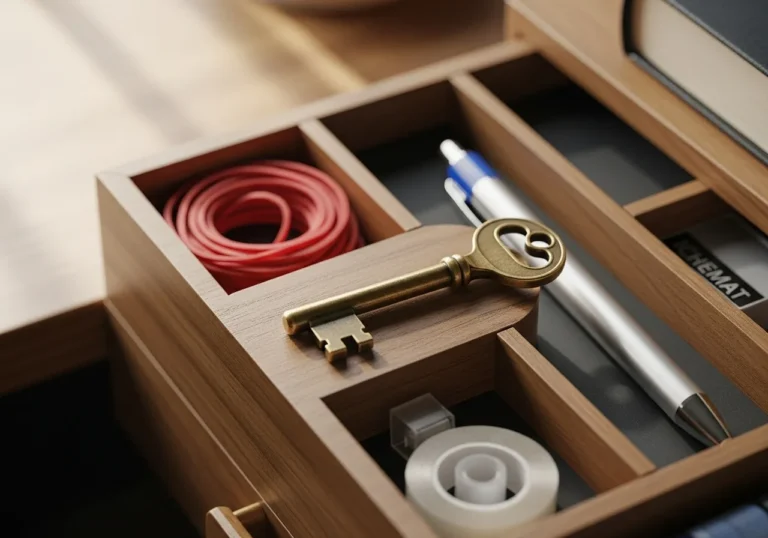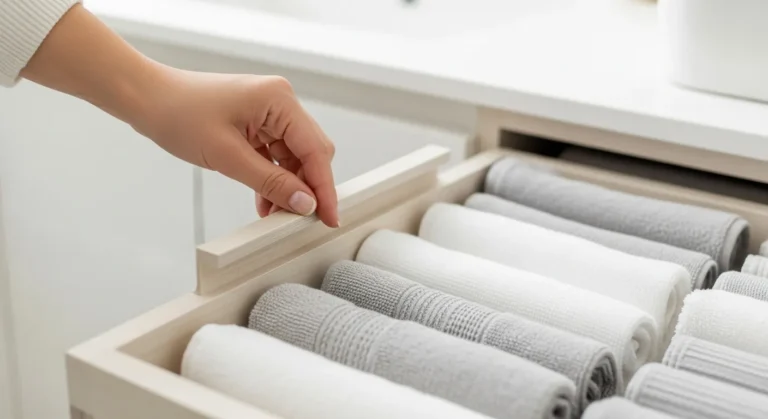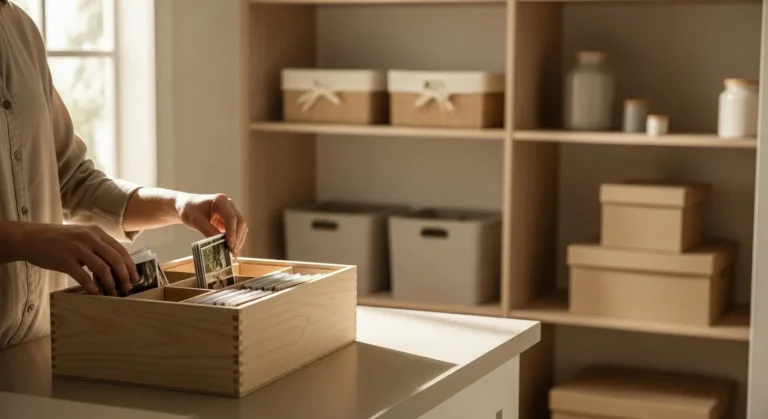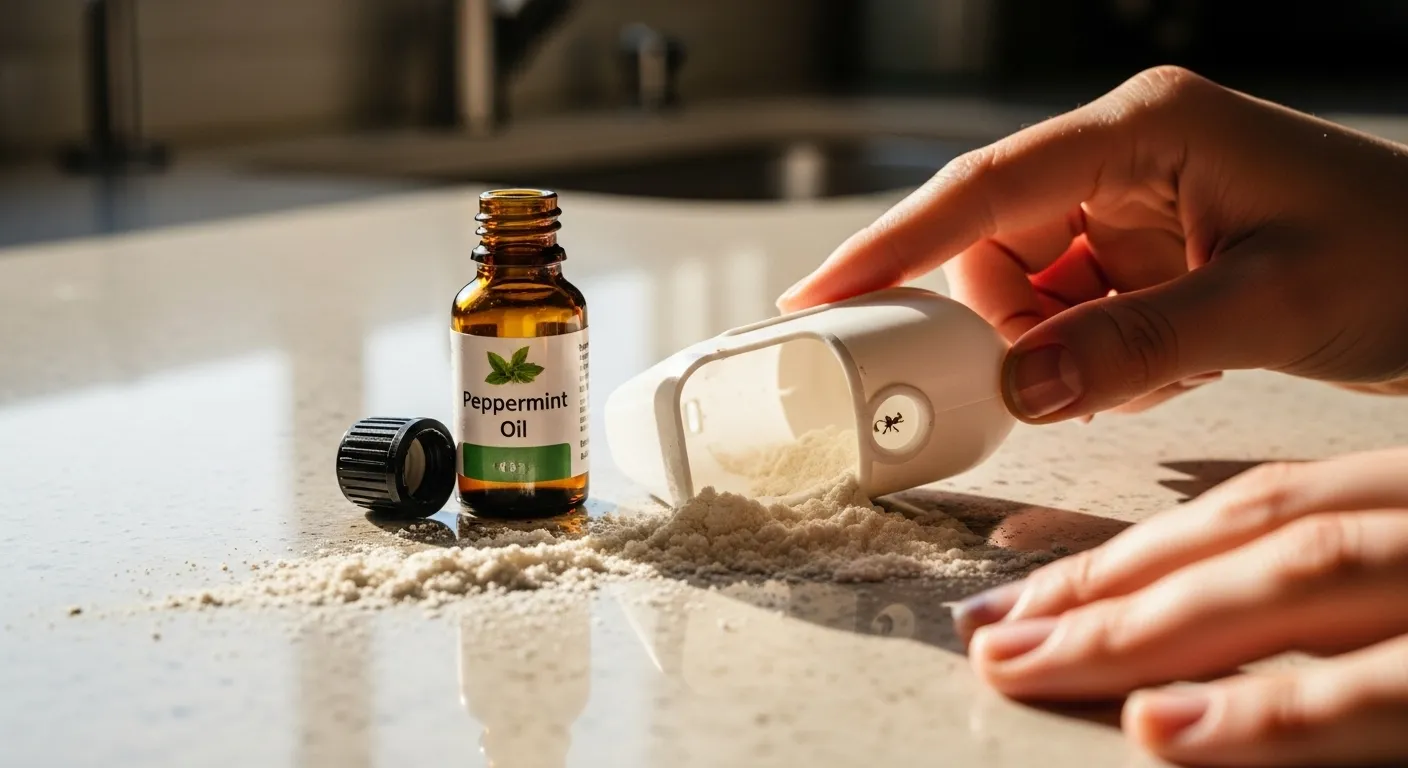
Frequently Asked Questions About Natural Pest Control
It’s natural to have questions when you’re trying new methods for keeping your home clean and pest-free. Here are answers to some of the most common queries about natural pest control in the kitchen.
Is it safe to use essential oils for pest control around pets?
This is an important question, and the answer is that you must be very careful. While essential oils are natural, many are toxic to pets, especially cats, whose livers cannot process certain compounds. Oils like tea tree, peppermint, citrus, pine, and cinnamon can be harmful if ingested or even if the oil gets on their fur and they lick it off. It’s always best to consult with your veterinarian before using any essential oils in a home with pets. If you do choose to use them, ensure the area is well-ventilated, never apply them directly to your pet, and keep them out of the room until the scent has dissipated.
How long do homemade remedies last?
Homemade cleaners, especially those made with water, do not have the preservatives that commercial products do. A simple vinegar and water spray is quite stable, but it’s still a good practice to make it in small batches that you’ll use within a few weeks. For sprays containing essential oils or other organic matter, it’s best to make a fresh batch every one to two weeks to prevent any potential for mold or bacteria to grow inside the bottle. Always label your spray bottles with the contents and the date you made them to help you keep track.
What if I see a cockroach? Does one mean there are more?
Unfortunately, yes. Cockroaches are masters of hiding and are primarily active at night. If you see one out in the open, especially during the daytime, it’s a strong indicator that there is an established population hiding in your walls, under appliances, or in other dark, undisturbed areas. If you see a cockroach, it’s time to intensify your cleaning and sanitation efforts immediately. Focus on eliminating grease, crumbs, and moisture sources. Apply food-grade diatomaceous earth in dry, hidden areas. If you continue to see them, it is highly recommended to contact a professional pest control service, as cockroaches can pose health risks and are notoriously difficult to eliminate on your own.
Can I use baking soda to get rid of ants in the kitchen naturally?
There is a popular home remedy that involves mixing baking soda with powdered sugar to kill ants. The theory is that ants are attracted to the sugar and will carry the mixture back to their nest, and the baking soda will react with the acid in their stomachs. However, the effectiveness of this method is widely debated and can be inconsistent. A more reliable and direct approach is to use the 1:1 vinegar and water spray to eliminate their pheromone trail and a thorough cleaning to remove their food source. Baking soda is an excellent, mildly abrasive cleaner for scrubbing away sticky residues that attract ants, making it a valuable tool for prevention, even if it’s not the most effective direct remedy.

